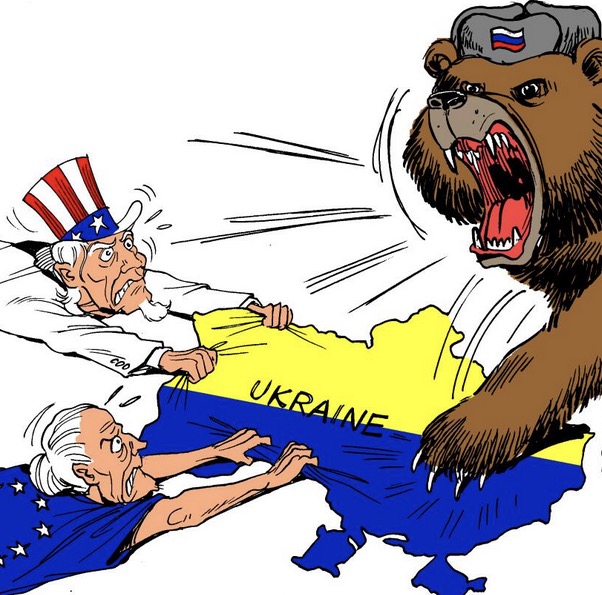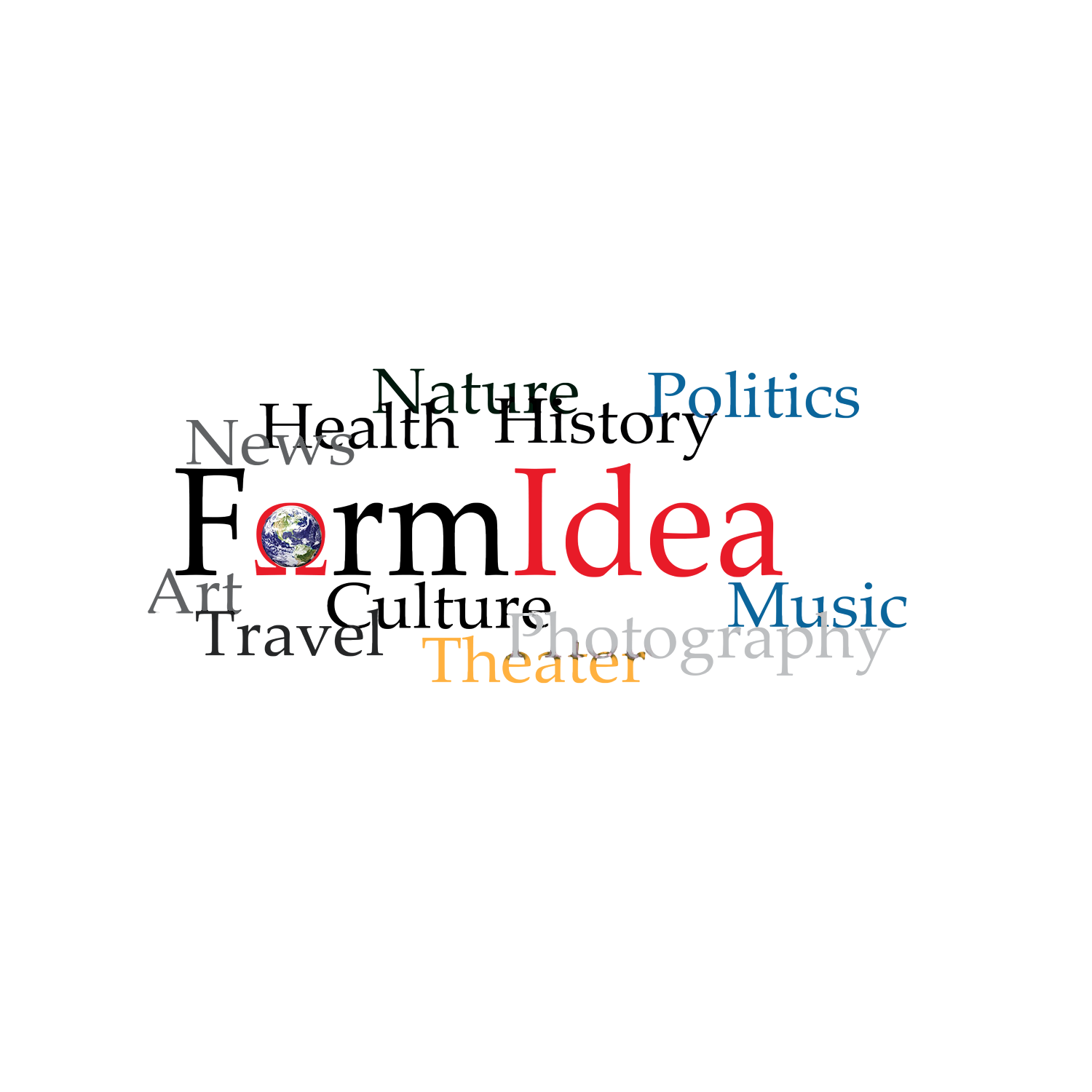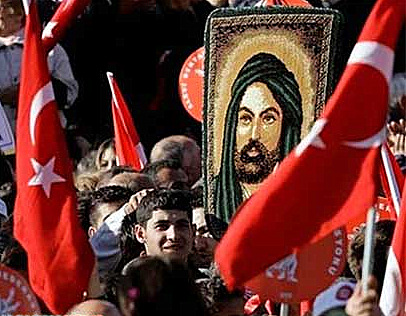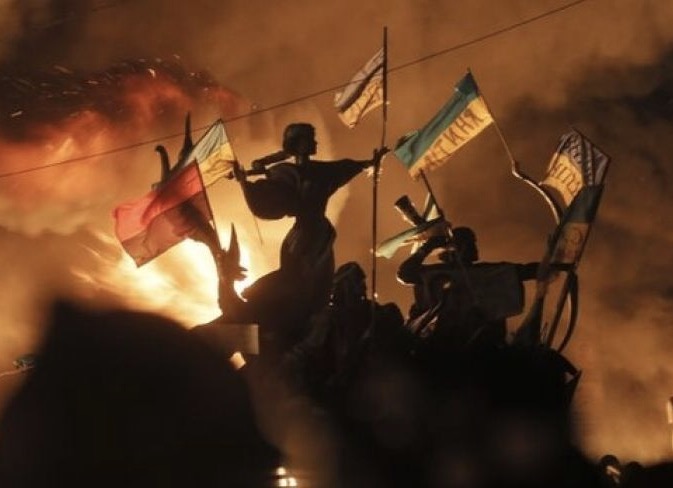Chronicle of a Revolution: Ukraine 2013-2013
1. Media coverage of the Ukrainian crisis in France and Great Britain
By Pierre Scordia
Introduction
The Ukrainian Revolution followed by Russian aggression was in part analysed in the French and British press with some scepticism, although the great majority of newspapers and the governments of these two countries firmly condemned the annexation of Crimea by Russia as well as Russian military support for the Donbas rebels. However, some of the French and British media were swayed by rumours spread by Russian propaganda. Many journalists have misled the public in their oversimplification of the conflict by implying a false political division between Ukrainians and the Russophone population, deplorably confusing the Russian-speaking Ukrainian populace with Ukrainians of Russian origin.
The Western media’s view on the Ukrainian Crisis has already been studied. So in order to bring something new, we decided to use as a central theme the vision of the prestigious British magazine, The Economist, which summarizes quite accurately the western, liberal view on the Ukrainian conflict. We also looked at different British and French newspapers and online media from 2013 to 2017. We have divided this research into eleven events, starting from the Trade War in 2013, The February Revolution, Crimea’s annexation, Odessa’s fire, Petro Poroshenko’s election, the destruction of the Malaysian airliner, the new Rada assembly, the self-proclaimed Republics in Donbas, the Eurovision diplomatic crisis between Ukraine and Russia, the decommunisation laws and finally the ban on Russian social networks in Ukraine.
MEDIA COVERAGE OF THE UKRAINIAN CRISIS IN BRITAIN & FRANCE
The British media are particularly interested in Vladimir Putin's strategy, his politics and propaganda machine. One could say that there is paradoxically both admiration and revulsion for the Russian president.
As far as Ukraine is concerned, there is a key misunderstanding of the country in that it is presented as split with the political boundary based on the linguistic boundary. Odessa, for example, is perceived as a deeply divided city, whereas the polls showed right from the beginning of the conflict that separatism attracted only a tiny fraction of the population. This mistake derives from the influence of Vladimir Putin’s point of view associating Russian-speakers with Russians. Many experts (Laas Leivat, Timothy Garton Ash, Howard Arnos) have noted that the European media, in particular in Germany, Britain and France, have applied terminology used by Kremlin propaganda. Thus we speak of “separatists” or “pro-Russian rebels” as if it were a civil war when in fact we are rather dealing with a conflict orchestrated by Russia. On the other hand, the Western media do not reiterate terms used by the Ukrainian government, for example “terrorists” or “anti-terrorist operations”.
British and French journalists adopt neutral expressions such as "Ukrainian crisis" when dealing with the armed conflict in the Donbas, since officially there is no war between Russia and Ukraine, whether you are in Kiev or in Moscow. The Independent newspaper regrets that Western leaders refuse to speak of an “invasion”, preferring the words "aggression" or "incursion".
To sum up the English and French journalistic interpretation, we will take as a central theme the vision of the prestigious British magazine, The Economist, which summarizes quite accurately the western, liberal view on the Ukrainian crisis while remaining solicitous to inform readers about different interpretations that may go against their view or values.
form-idea.com London. 20/01/2020.
Read the article in French | Lire cet article en français
Chronicle of a Revolution: Ukraine 2013-2017
1. Media coverage of the Ukrainian crisis in France and Great Britain
2. The beginning of the political crisis
3. The February Revolution of 2014
5. Odessa, the Pearl of the Black Sea at stake
6. Petro Poroshenko: the Providential man?
7. Russian roulette in Ukrainian sky | Flight MH17
8. Parliament elections & the power of Western regions
9. War in Donbas | Welcome to Absurdland!
10. The Eurovision: a diplomatic row
Next chapters
https://form-idea.com/2020/02/02/the-february-revolution-of-2014/




I ran across search engines and find this blog that fulfill my needs. There is a thing I do not agree but It doesnt matter since I think it does not hurt the whole content.